Oils are everywhere. Oils are used in processed foods, on the food you get from restaurants, and in your own home when you cook. Cooking oils can be a healthy source of fat in your diet, or they can be the cause of inflammation and disease. The health effects depend on the structure of the oil and its constituents. It also depends on how the processing took place, and how high you heat the oil when cooking.
Heating Oils
When you heat oils past their smoke points, they start to break down or oxidize which releases free radicals. Consequently, these free radicals cause cellular damage and can lead to disease. The consumption of repeatedly heated oils is linked to increased blood pressure and total cholesterol and causes vascular inflammation. [1] Similarly, heating oils past their smoke points causes the release of a compound called acrolein. Acrolein is damaging to the lungs when inhaled. This chemical also contributes to the morbidity and mortality associated with acute lung injury and COPD, and possibly asthma and lung cancer. [2]
Chemical Extractions and Processing of Industrial Oils
Think about the extreme processing that seed and vegetable oils undergo in their processing plants before getting packaged and shipped off to the grocery store. Manufacturers extract oils from plants via chemicals or oil mills. This results in refined and chemically modified oils. As a result, these oils can be far from their original plant counterparts.
Inflammatory Industrial Polyunsaturated Fatty Acids (PUFAs)
Polyunsaturated fatty acids (PUFAs) make up many oils used at restaurants and in packaged food. These vegetable oils contain a high amount of omega 6 fatty acids. You need both omega-6 and omega-3 fatty acids for the structure of the cell membranes of your tissues. You also need them for the production of prostaglandins in your body. The issue is the ratio of omega-6 to omega-3 fatty acids. The ratio should be balanced around 1:1. However, western diets are closer to a 20:1 ratio of omega-6s to omega-3s. [3] All of these omega-6s are coming from vegetable oils used in processed foods, at restaurants, and in the food, you are cooking if you are choosing the wrong oils.
Unbalanced Ratio of Omega-6 to Omega-3
This unbalanced ratio of omega-6 to omega-3s found in today’s Western diets promotes many diseases. For instance, it promotes cardiovascular disease, cancer, and inflammatory and autoimmune diseases, whereas increased levels of omega-3 PUFAs exerts suppressive effects. [4] These high omega-6 oils include soybean, sunflower, safflower, cottonseed, peanut, and canola oils. These oils can also reduce the conversion of omega-3 fatty acids into their active forms, so you won’t get the health benefits from the omega-3s! This has to do with the fact that omega-6s and omega-3s both use the same enzymes in our bodies, therefore competing with one another. Hence, it’s best to avoid these kinds of oils.
The Healthy Cooking Oils to Use
Saturated Fats
Saturated fat is highly stable and what I recommend for cooking. Polyunsaturated cooking oils, as I already mentioned, are unstable and sensitive to heat. In other words, when you bring polyunsaturated fats to their smoke point, they become toxic. Saturated fats are stable, even when heated. Nevertheless, saturated fats get a bad rep from the conventional medical community. Although saturated fats raise LDL, which is thought of as the “bad” cholesterol, they actually also improve the quality of the LDL particles by increasing their size. Larger LDL particles are less likely to cause heart disease. Consumption of saturated fats also increases HDL, which is considered your “good” cholesterol. So, do not fear these fats!
Lard
Lard comes from pork. It is not my first choice of fats; however, it is suitable for cooking up to 375 degrees. Specifically, I prefer tallow due to its excellent ratio of omega 3 to omega 6 fats. On the other hand, tallow is also more shelf-stable.
Tallow
Tallow comes from beef and is perfect for high-heat cooking with an impressive smoke point of 400 degrees. Furthermore, it has an almost perfect ratio of omega 3 to omega 6 fats and contains anti-inflammatory linoleic acid. Therefore, it is an excellent all-around choice for just about all your cooking needs. To assure quality, purchase only pasture-raised and grass-fed tallow products. Find these at your local grocery store or online.
Coconut Oil
Coconut oil is suitable for low-to-medium heat cooking under 350 degrees. Bringing this oil to its smoke point will damage the oil and create toxins. There is a light coconut taste when using this oil.
Monounsaturated Fats
Because monounsaturated fats are only moderately stable, I do not recommend them for cooking (except duck fat). Most monounsaturated cooking oils should not be heated. For example, many people cook with olive oil, this is a mistake. Accordingly, make sure to store your oils in a dark space and away from the heat of your stove.
Duck Fat
Unlike other monounsaturated fats, you can safely heat duck fat to 375 degrees. This makes duck fat a great choice for medium-heat cooking and one of the healthy cooking oils.
Olive Oil
Olive oil is a good choice for a no-heat oil. Use olive oil on your salads and drizzle over your cooked vegetables. Purchase cold-pressed organic olive oil.
Avocado Oil
Since avocado oil does not smoke at high temperatures, it is popular for high-heat cooking. However, some health experts advise against heating monounsaturated oils. Purchase cold-pressed organic avocado oil.
Healthy Cooking Oils and Inflammatory Ones: Bottom Line
Avoid these inflammatory oils that promote disease: soybean, canola, sunflower, safflower, peanut, and cottonseed. Also, switch to healthier oils that prevent disease: avocado oil, olive oil, duck fat, coconut oil, tallow, and lard. In general, use healthy cooking oils such as avocado oil or duck fat. Make sure you still choose quality products. Look for dark glass bottles and products marked as grass-fed, organic, cold-pressed, and unrefined.
References:
Ng CY;Leong XF;Masbah N;Adam SK;Kamisah Y;Jaarin K; (n.d.). Heated vegetable oils and cardiovascular disease risk factors. Vascular pharmacology. https://pubmed.ncbi.nlm.nih.gov/24632108/ [1]
GD;, B. K. L. (n.d.). Acrolein – a pulmonary hazard. Molecular nutrition & food research. https://pubmed.ncbi.nlm.nih.gov/21994168/ [2]
Simopoulos, A. P. (2016, March 2). An increase in the omega-6/omega-3 fatty acid ratio increases the risk for obesity. Nutrients. https://www.ncbi.nlm.nih.gov/pmc/articles/PMC4808858/ [3] AP;, S. (n.d.). The importance of the ratio of omega-6/omega-3 essential fatty acids. Biomedicine & pharmacotherapy = Biomedecine & pharmacotherapie. https://pubmed.ncbi.nlm.nih.gov/12442909/ [4]
Affiliate Disclaimer
The Site and our mobile application may contain links to affiliate websites, and we receive an affiliate commission for any purchases made by you on the affiliate website using such links. As an Amazon Associate I earn from qualifying purchases. Our affiliates include the following:
- CJ Affiliate by Conversant and Amazon

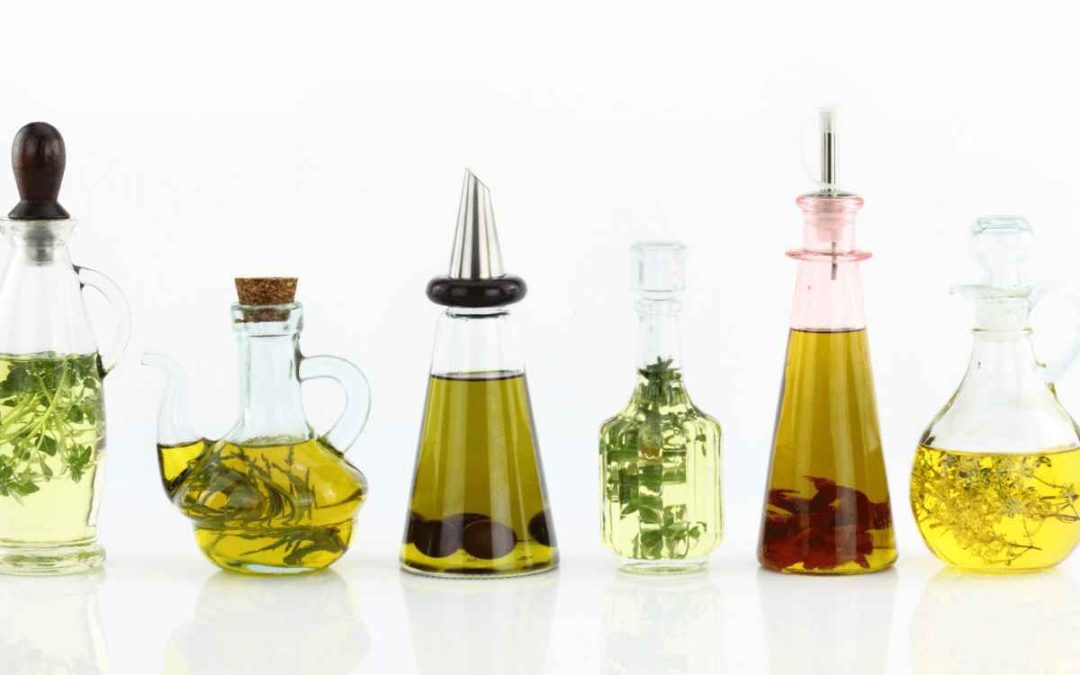
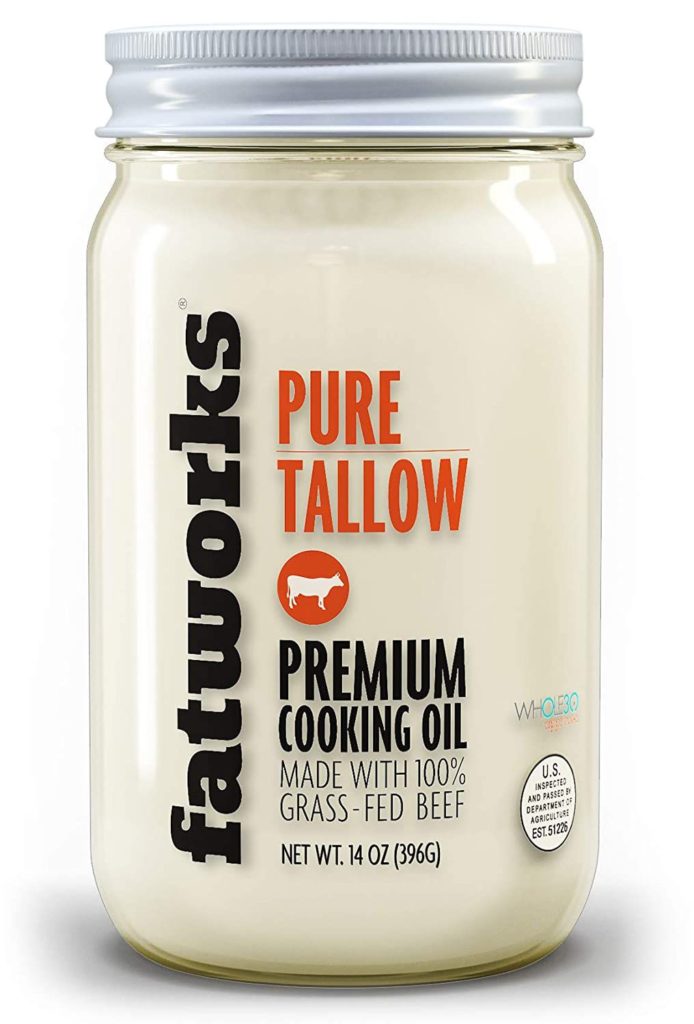
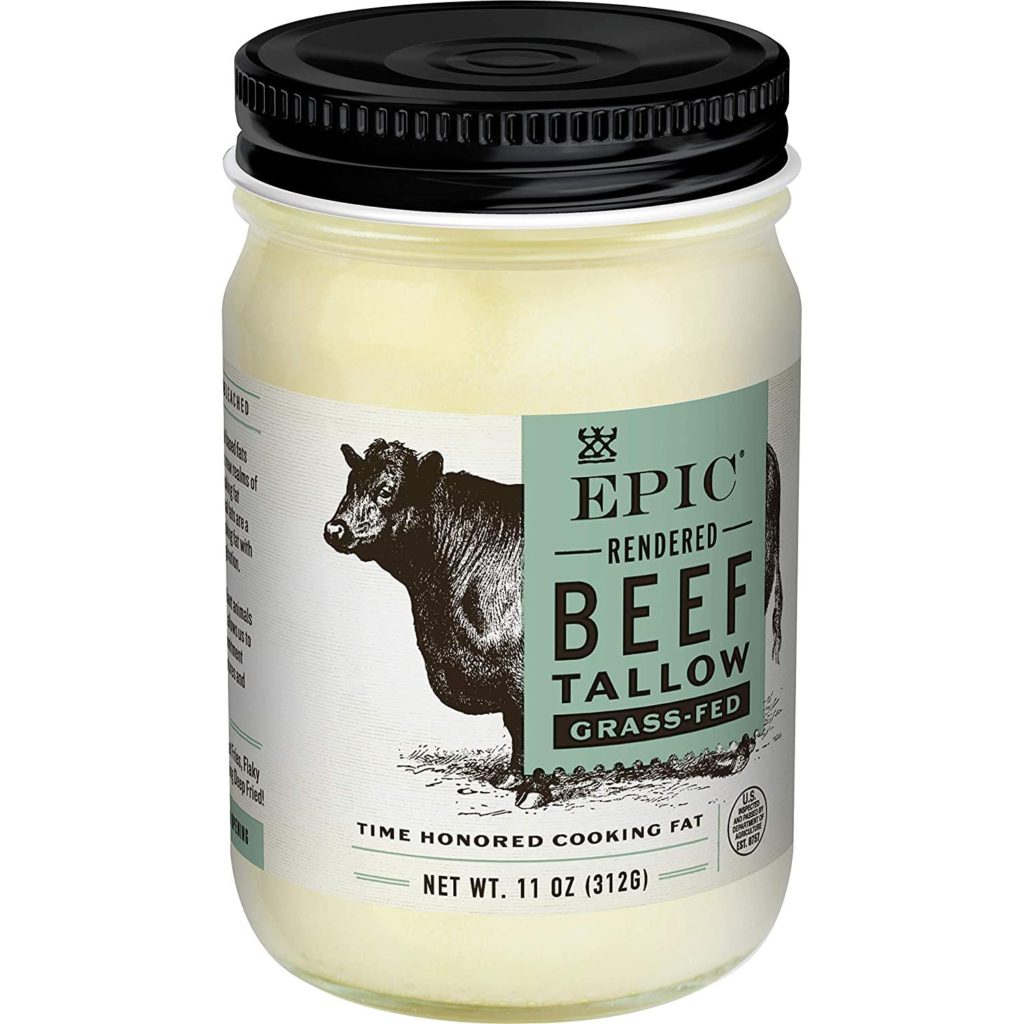
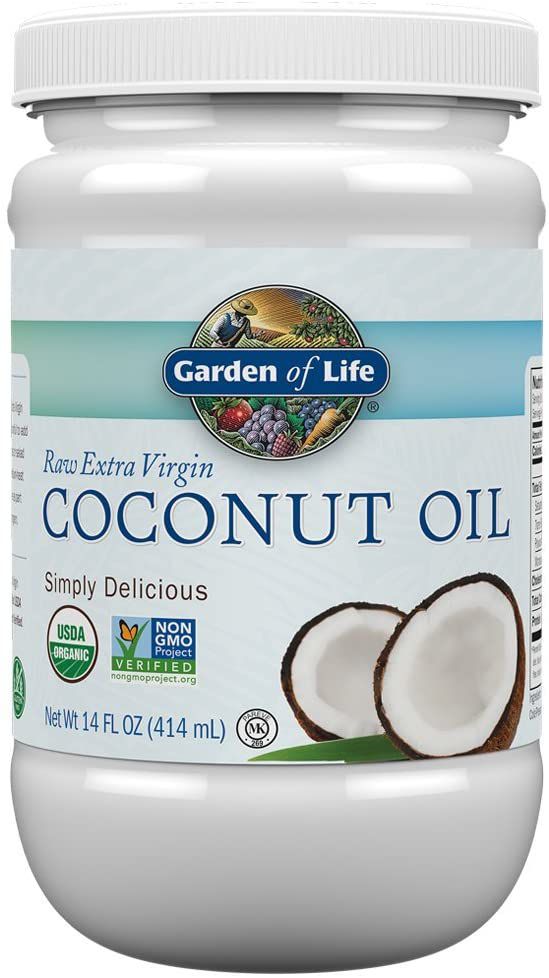
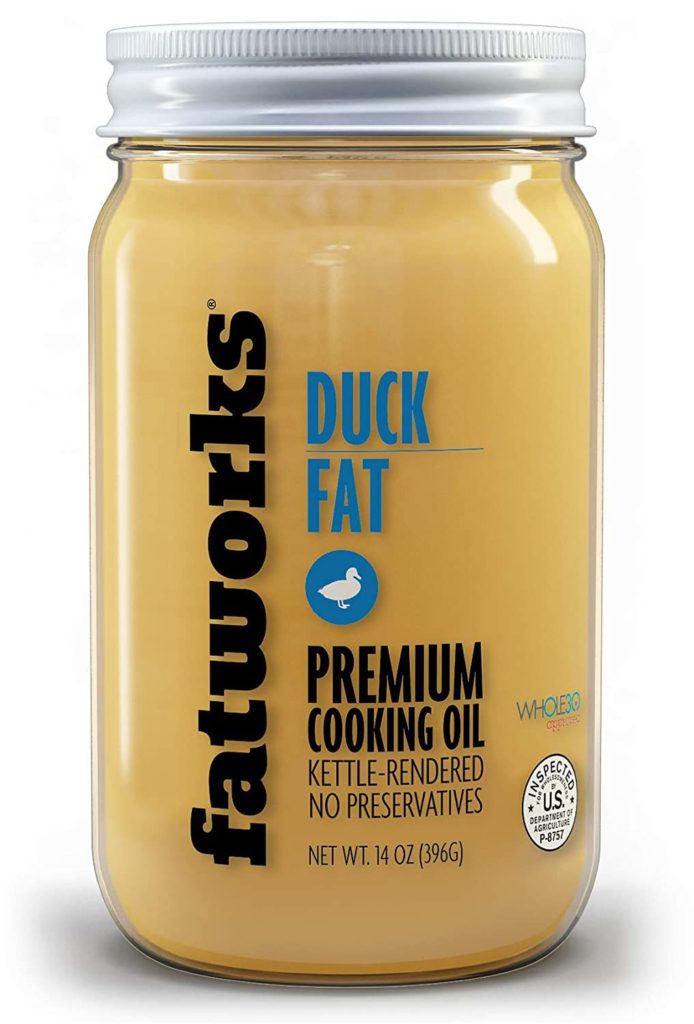
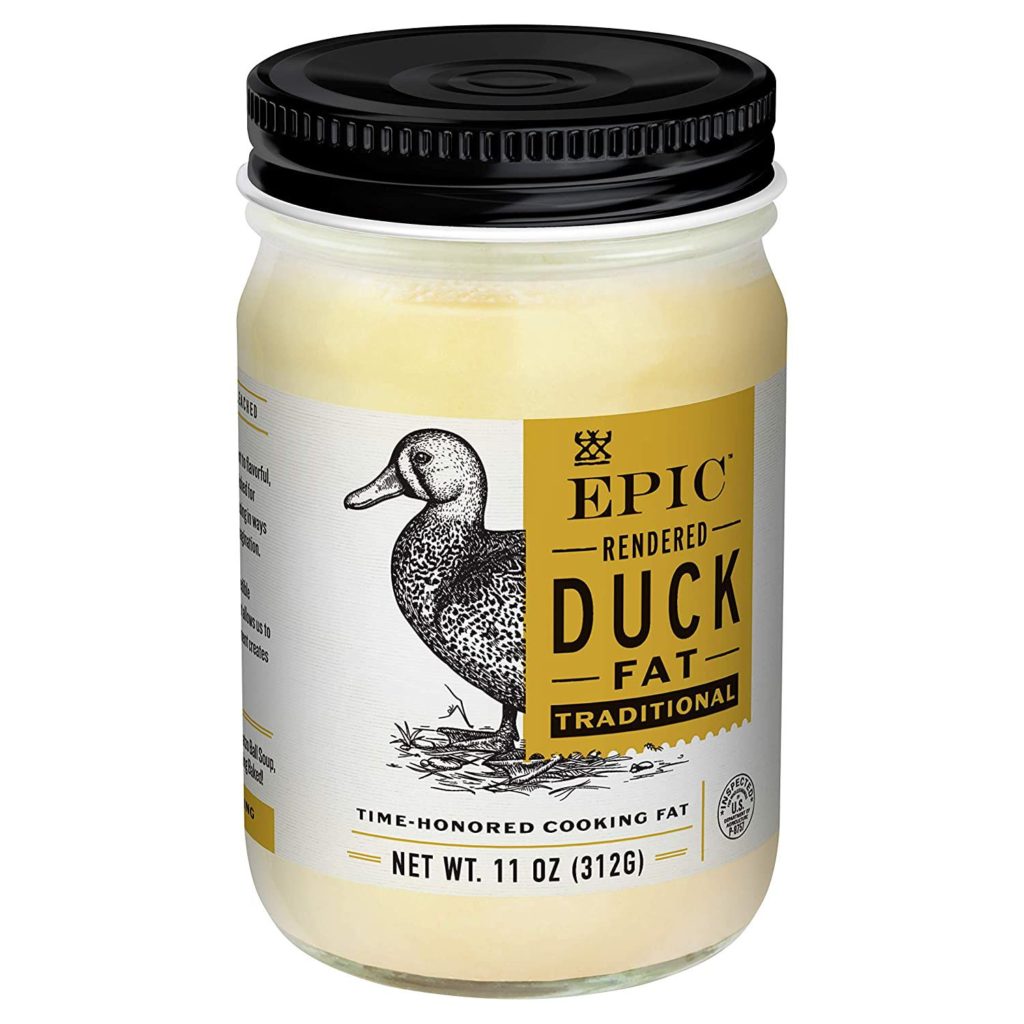
Recent Comments